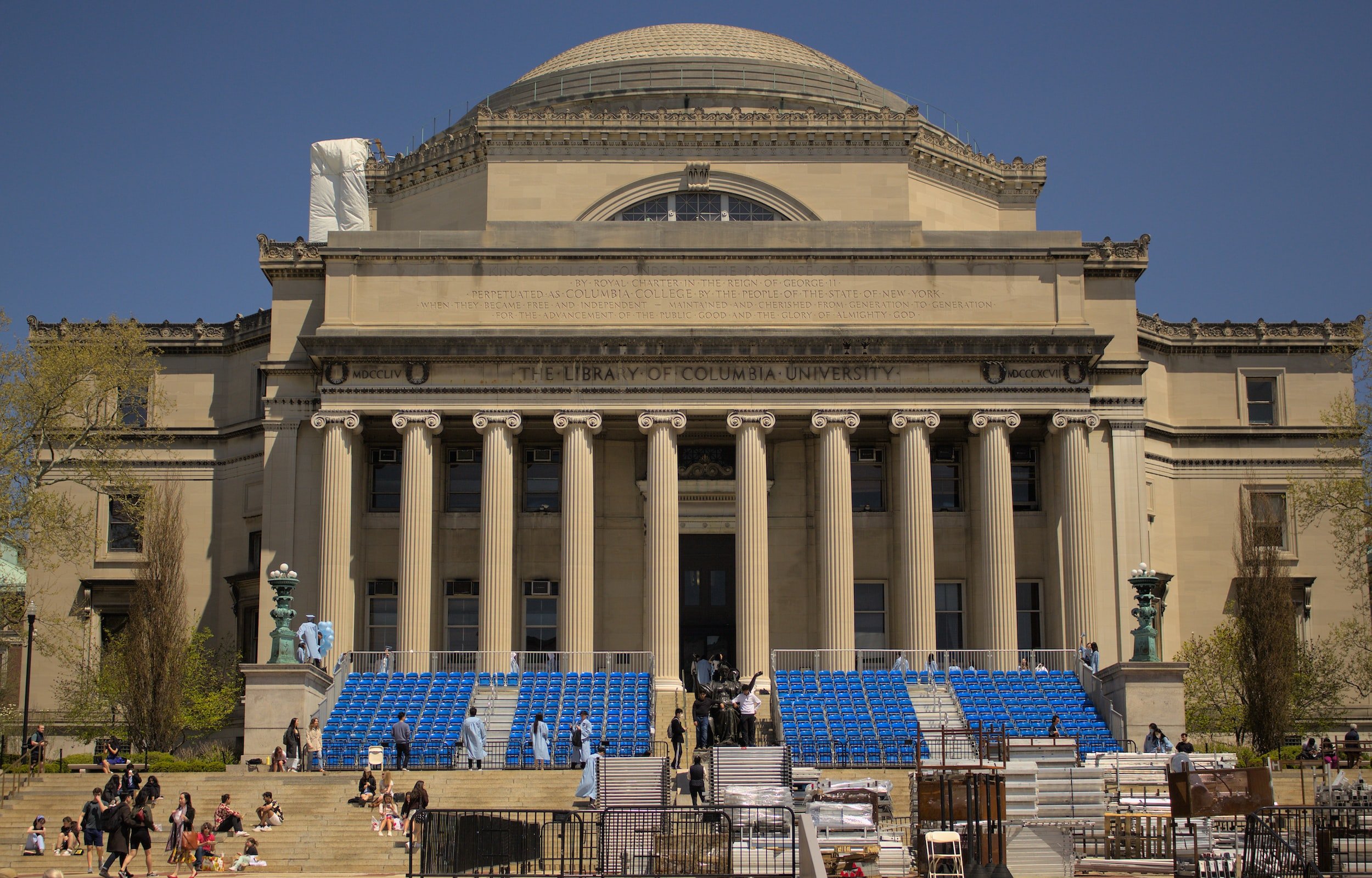Every so often, we like to put an excerpt out there from one of our school-specific Strategy Memos. Full disclosure, the main reason to do this is to show off how we approach the process and to give potential clients a sense of what they might get (across the board, with all their schools and all the questions) if they become clients. But we also try to coordinate these with moments where we can get some really helpful strategy out there - basic, core ideas that will help people avoid pitfalls, even if they don't have help in executing perfectly. In this instance, Columbia Essay Question 2 is a nice overlap that allows us to do both. So let's dive in.
First, as common sense, would dictate, let us start with the question. This year, as part of a three-question set (not including Columbia's little 51-word career goal statement or the optional essay), they ask the following:
Essay #2: The full-time MBA experience includes academics, recruiting and networking. What are your personal priorities and how do you anticipate allocating your time at Columbia Business School? (250 words)
To try to frame a proper response to this, let’s first look to the old question #2, from last year:
Old Question: Columbia Business School’s students participate in industry focused New York Immersion Seminars; in project based Master Classes; and in school year internships. Most importantly, our students are taught by a combination of distinguished research faculty and accomplished practitioners. How will you take advantage of being “at the very center of business.” (100-500 words)
The above question was their third or fourth attempt at this "center of business" thing that always seemed to be half marketing and half seeking information. They often had you watch a video, sometimes this question came on the heels of a "Why Columbia" element in Essay 1 (which made it feel repetitive), and there was always some sense that they wanted something specific out of you, but weren't coming right out and saying it. To our way of thinking, there were two big things they were always trying to pull out of you:
How to find out why you want to go to Columbia Business School. (A question that every school used to ask and that many still do, quite explicitly)
How to find out if you plan to use their program like a glorified commuter school.
That second part has always felt like one of Columbia's great vulnerabilities and for years I feel they have been trying to bait people into admitting that they just want to live (or keeping living) in New York.
Therefore, I strongly believe that no matter how they set the question up, no matter what the word count, no matter what the trap door they put in place, here is the rule:
Write about the idea of New York in the way that it impacts Columbia, bolsters Columbia, and basically makes Columbia Business School the only place you will need to be.
What I mean by this is that you need to focus on Columbia and if you discuss its location, be sure it is only in the context of how that further bolsters the school. CBS is very proud of its location because this massive city (the “center of business” as, again, they were calling it for the past 4-5 years in the essays) is just outside its doors, offering incredible practical learning opportunities … but they are also extremely skittish that people just want to have their lives in NYC and then show up for classes.
Understand that above all, Columbia Business School is a place that craves community in an environment that could potentially lend itself to a commuter culture.
Many New Yorkers who are already entrenched (Manhattan jobs, apartments, friends, and lifestyles) wind up going to Columbia and they simply do not engage. There is also a large international population – many of whom have never lived in the U.S., so there can be a lot of students who are a bit slower to dive in as they acclimate to living in an entirely new country (especially now that said country's president appears to be openly hostile to them) . The result is a student body that can feel more transient than most. Columbia is highly aware of this and actively works to avoid that, offering a resource-rich environment and dynamic slate of programs and opportunities. But they want to know that you will be partaking in that buffet, not getting your meals elsewhere.
If you need help with Columbia Business School or any other MBA program for Round 1 of this year, contact us at mba@amerasiaconsulting.com today.
Other posts that may interest you:











